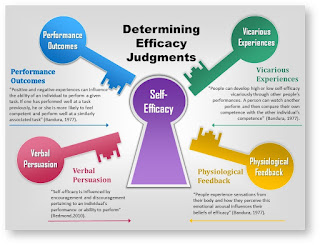Blog Post #10
Abstract: Fraternities are very prevalent organizations in college that offer what most students look for when they get started, a way to “fit in” with everyone else. Although fraternities involve many risks, they help build identity capital within the members of the organization so they are better prepared for life after college. And in turn, have a better chance of being successful. Fraternities help students understand and develop their personality traits, such as self-efficacy, which motivate them to be successful. As a result identity capital is built through unconventional processes of pledging and hazing, as well as social events and networking opportunities. And before they graduate, fraternity members know their purpose due to these self-actualization tactics used by fraternities to develop identity capital. Works Cited: Balderrama, Anthony. “Is Getting a Job Really about Who You Know?” CNN , Cable News Network, 16 Sept. 2010, www.cnn.com/2010/LIVING/09/16/cb.who

